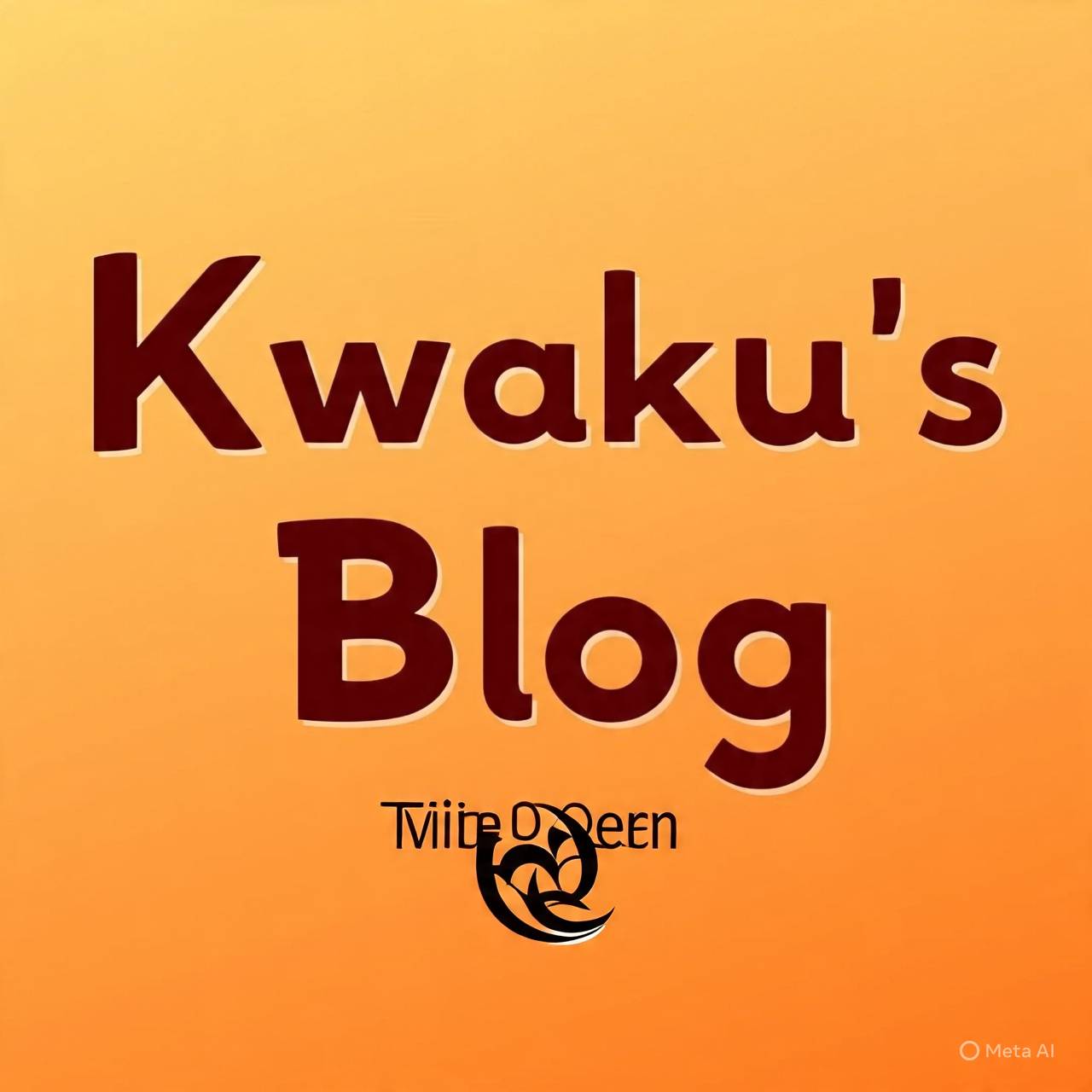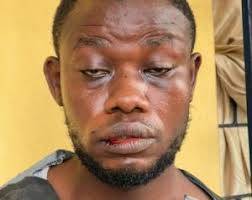A journalist was beaten
A few months back, I was sitting in my favorite roadside waakye joint, sipping on a chilled malt and scrolling aimlessly through my phone. You know those afternoons where your brain’s running on fumes and you just want to be invisible for a bit? Yeah, one of those. That’s when I stumbled on the video. A journalist — bloodied, shaken, eyes wide with disbelief — being dragged like a criminal, all because he was doing his job.
I froze mid-bite.
At first, I thought it was one of those skits that pop up online, you know? Some prank or dramatization. But no. This was real. Too real. And honestly, it made my stomach churn.
See, I’ve always had this deep respect for journalists. I’m not just saying that to sound woke. I mean it. These are the people who brave protests, crime scenes, political rallies, and sometimes even war zones — just to tell us what’s happening when we’re tucked in bed scrolling through TikTok or arguing on WhatsApp about whether Ghana should privatize this or that. They’re the eyes and ears we didn’t know we needed.
But what happens when those eyes get punched shut? What happens when the ears are muffled by slaps, threats, or worse?
The journalist in the video — I later found out his name was Kojo (not his real name, for privacy) — was covering a community land dispute. Nothing unusual, right? Just people trying to get their voices heard. Except, some local thugs, allegedly hired by certain influential figures (you know how that goes), decided he was "too curious." And boom — just like that, Kojo found himself at the receiving end of fists and boots.
It’s not just about Kojo, though. He’s one of many. I’ve lost count of how many times I've heard stories like this: reporters silenced with violence, cameras smashed, notebooks torn, press IDs ignored like they were scraps of paper. And the worst part? We’ve started becoming numb to it. Like, "Oh, another journalist got beaten? Sad, but not surprising." That’s dangerous. We’re normalizing something we should be screaming about.
I might be wrong, but I feel like society only respects journalists when they're dead or when they've won some fancy international award. Until then, they're just "in the way" or "looking for trouble." Meanwhile, these same people are the reason we know about corruption, injustice, environmental destruction, and all the stuff people in power don’t want us to know.
Kojo's story made me think twice — about silence, about fear, and about how easily truth can get buried when we stop protecting the people digging for it. I mean, if someone can’t safely ask questions, what kind of society are we building?
Sometimes I sit back and wonder: What if Kojo hadn’t survived that day? What if no one filmed it? What if his story got lost, like so many others? Honestly, I don’t have all the answers. But I do know this — the moment we stop defending those who speak truth to power, we all lose something.
Next time you see a journalist out there — whether they’re at a press conference, recording a flood, or just asking annoying questions — spare a second. Think of Kojo. Think of the risk. And maybe, just maybe, speak up if they ever need protection.
Because if we let fear win, who's going to telll the story tomorrow?




No comments yet
Be the first to share your thoughts!